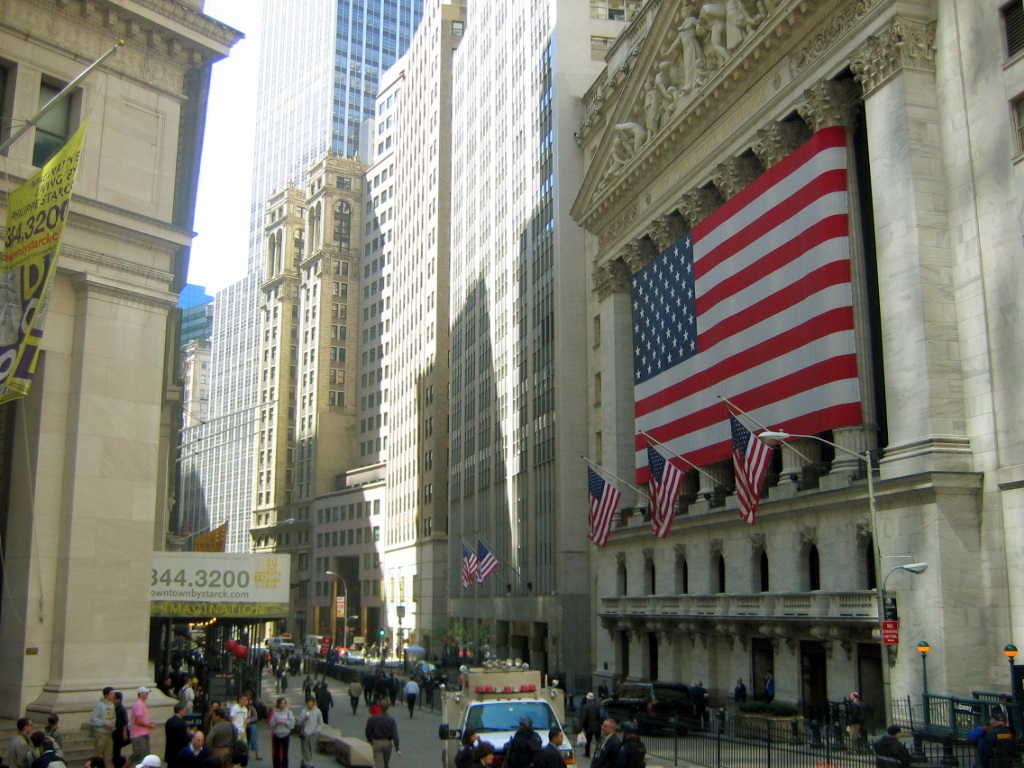J
jbcarioca
Guest
The question is why? My personal speculation is that the aging workforce and consequent lack of creativity may have been the major cause.There is a lot of great engineering systems work from Deming and others. Toyota (and Japan inc automotive) was a result of a poorly poorly made bet on Hydrogen. For that same investment dollar they could have created Tesla and built battery factories. The funding into hydrogen and the resource allocation was just....mind blowing. Hydrogen fuel cells have exactly 0 market share. Amazing after the analog HDTV fiasco that Japan Inc did it again. Frankly just amazing.
Well the Japanese Rocket industry too, instead of creating blue origin or spacex they did a LM/Boeing useless clone. Sigh. Poor Japan.
Those of us who are really old remember when Japan was very, very innovative. Think Honda, Kyocera, Toyota (production technology, Lexus, Prius), Sony/Asahi Kasei (first production li-ion battery), Nissan Leaf and so much more.
The common element is that nearly all of those happened with young people doing the work.
I lived and worked in Japan in the late 1960's when innovation was high. From Honda S600 to Mazda R100, and consumer electronics galore, Japan was inventing itself.
People I met then are often still in charge. Insane, we are all in our late 1970's*. All we want to do is survive.
Unlike most of my Japanese colleagues, I at least know I'm obsolete, so I'm looking for people who'll help correct the egregious mistakes we made with everything from rotary engines and nuclear power to destruction of forests to build ski slopes and condominiums.
Luckily not too many of us are still in power elsewhere. OTOH, there are politicians and the odd Warren Buffet. Most fo those do not really know they are too old to continue, however good or bad we might once have been.
Serious question: How will Elon Musk be in fifteen years time?
*note: not a typo. We think it is still 1975.
Last edited by a moderator:






